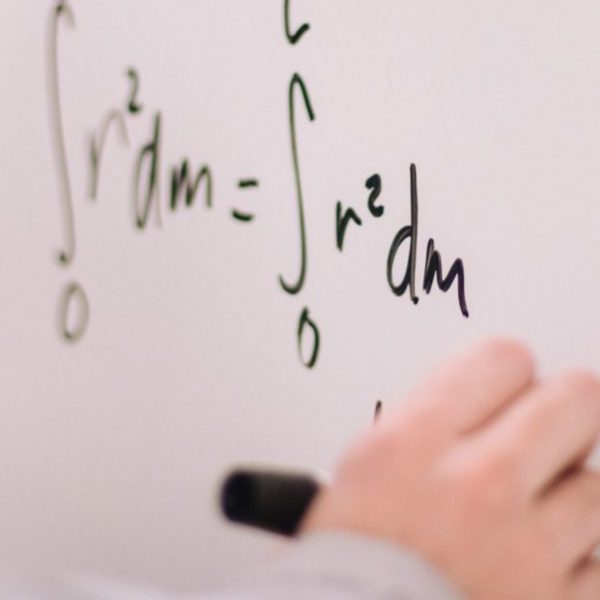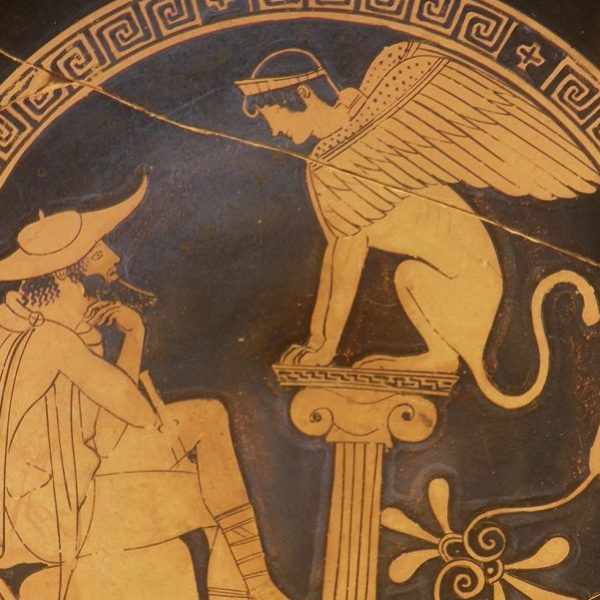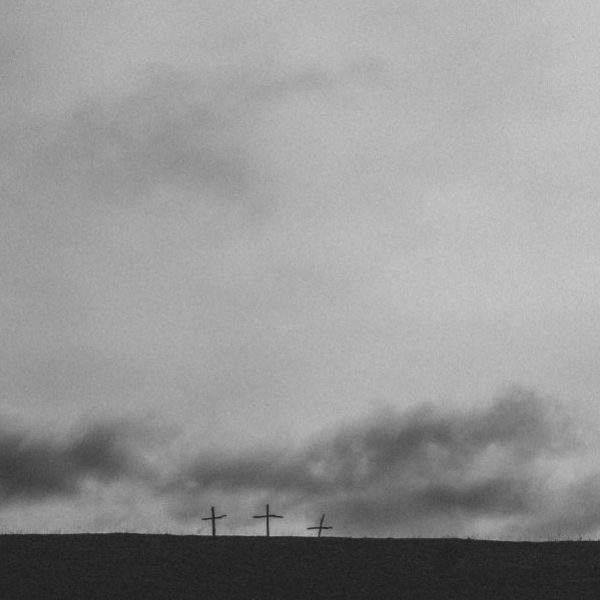A True Literary Event: Terry Eagleton on Literature
For Terry Eagleton, writing is “exploratory.” “The act of writing is both a great delight to me in itself,” he explained in a recent interview on London’s Yale Books Blog, but it “also is constitutive of my thought.” As the author of more than forty books, which span the fields of literary theory, politics, and religion, it is clear that Eagleton has done a lot of thinking.
In his latest project, The Event of Literature, Eagleton, who is Distinguished Professor of English Literature at the University of Lancaster and an internationally known theorist and thinker, explores some of the most basic questions surrounding a discipline in which he is already well known.
 As Stuart Kelly lays out in his review of The Event of Literature in the Guardian, for Eagleton to be talking about “literature” at all is a shift, since in his 1983 classic Literary Theory: An Introduction, Eagleton argued that there was no way of defining the category of literature. Almost two decades later, Eagleton opts for a common-sense approach, explaining that, just as it makes sense for us to say, “Stand roughly over there,” it makes sense for us to talk about an intuitive “family resemblance” among written texts. Kelly points out that Eagleton appears to have undergone less of a change of mind than a change of purpose: he retains his skepticism about a precise definition of literature while finding a way to talk about the category in a broad sense.
As Stuart Kelly lays out in his review of The Event of Literature in the Guardian, for Eagleton to be talking about “literature” at all is a shift, since in his 1983 classic Literary Theory: An Introduction, Eagleton argued that there was no way of defining the category of literature. Almost two decades later, Eagleton opts for a common-sense approach, explaining that, just as it makes sense for us to say, “Stand roughly over there,” it makes sense for us to talk about an intuitive “family resemblance” among written texts. Kelly points out that Eagleton appears to have undergone less of a change of mind than a change of purpose: he retains his skepticism about a precise definition of literature while finding a way to talk about the category in a broad sense.
Indeed, in spite of forty and more years in the academic establishment, some aspects of Eagleton’s thinking have been in place since his childhood. Growing up as part of a working-class Irish Catholic family, he says, “taught me not to be afraid of thinking systematically and analytically,” and although he has long since drawn away from the Church, his religious upbringing taught a kind of “communal” thinking that transitioned naturally into the socialism he found as a university student and which, in turn, informs his leftist thinking today.
Eagleton acknowledges that his Cambridge education too has left its mark on The Event of Literature, for although he did receive what was in some capacities very traditional instruction in literary criticism there, the Cambridge school of literature also offered “a capacious understanding of literature and literary culture” that informed the omnivorous sensibilities of Eagleton’s project. While he says that The Event of Literature marks “a return to pure literary theory,” Eagleton draws on both Continental literary theory and Anglo-Saxon philosophy of literature, the latter of which brings in questions of aesthetics and the nature of fiction.
As a thinker who has never shied away from expressing his opinion, Eagleton (who, in recent years, has been particularly vocal in debates with the New Atheists) has a complicated relationship with the academic mainstream. Although he spent many years at Oxford, he is proud to be one of very few individuals to ever leave a chair there, a move he took as “a sign of putting some literal distance between myself and the establishment.” In a similar vein, he describes much of his own writing as “transgressive.”
In The Event of Literature, his transgression is in returning to literary theory, a subject that many of today’s academics regard as old hat. Yet, Eagleton argues, in the movement away from the thinking of the 70s and early 80s, scholars left behind “a number of important questions…were essentially put on the back burner.” Among these, he says, were “questions about narrative, about literature, about fictionality, about literary language” that are still extremely relevant to academic thought, and “that old chestnut” mentioned in the Guardian review: “what is literature?”
The Event of Literature traces some of Eagleton’s thinking on these issues, offering several metrics for how literature may understood that, on the whole speak to the author’s belief that, “students need to learn to respond to the forms and devices of literary texts, not simply to extract their content.” Overall, Eagleton writes, his goal is to “[draw] attention to what literature (at least for the present) actually means,” and to “reassert or reaffirm the centrality of literary analysis” in a world where literature tends to disappear under the shadow of culture more generally.
[youtube=http://www.youtube.com/watch?v=AKDH1h2wt80]
Watch the London Yale Books Blog’s multi-part video interviews with Eagleton here!



